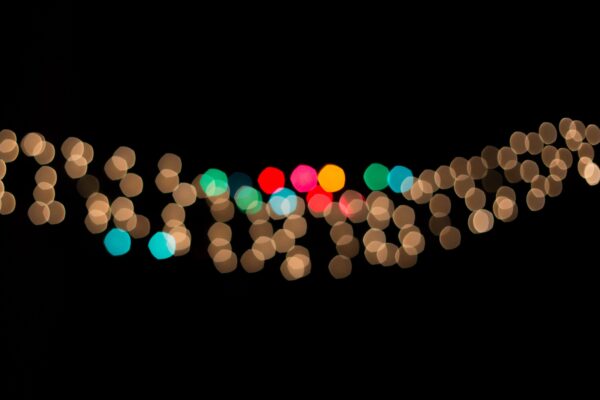The Grotto’s “Christmas Festival of Lights” was an inappropriate event for public school choirs
We commend the Portland Public Schools (PPS) decision to withdraw students from the “Christmas Festival of Lights.” It is a decision consistent with the Constitution’s Establishment Clause, which mandates that the government neither promote nor inhibit a particular religion.
In the United States, we enjoy the freedom to practice any religion – or no religion at all. Our country's founders, who were of different religious backgrounds themselves, knew the best way to protect religious liberty was to keep the government out of religion. So they created the First Amendment - to guarantee the separation of church and state. Oregon’s state constitution requires this separation, as well.
A strong commitment to the separation of church and state is not anti-religion. In fact, it may be the best guarantee that each individual has the right to practice their own religion, without coercion, hostility or violence. In other words, keeping religion out of the hands of the government is the best way to ensure continued religious freedom and religious harmony.
The “Christmas Festival of Lights” is a celebration of Christianity in a Catholic shrine. It features religious music and imagery that is explicitly Christian, including a collection of nativity scenes and extensive fiber-optic displays focusing on the story of the birth of Christ. In addition, through a ten-dollar admission price, the event generates revenue for the Grotto, which is a religious institution.
Portland Public Schools, as a branch of Oregon’s government, must maintain a neutral position toward religion. When public school choir classes participate in events which endorse a particular religion, neutrality is lost. Because participation in the Christmas Festival of Lights would endorse Catholicism and Christianity, PPS properly decided to end its participation in the event.{C}{C}
“But PPS has been involved in this event for years.”
Prior improper actions should not excuse continued violations. Once PPS became aware of the issue, it was incumbent upon them to take corrective actions. We commend them for doing so.
“But nobody is forcing students to participate or espouse particular religious beliefs.”
PPS schools offer choir as a class. Students get credit for participation. When a PPS choir class participates in a religious event, it puts students in an untenable position. They must chose to sing with their peers where they are surrounded by explicit religious iconography and participate in a specific religious message or to be excluded from an event because of their own beliefs. If students have to voluntarily remove themselves from events that compromise their beliefs, the burden of our Constitution’s religious right is misplaced. It is the school, not the student, who has the responsibility to protect those rights. Students should be free to pursue their passions and develop their talents in an environment free from religious imposition.
“But, I thought PPS supports “equity and inclusion.” Does that mean everybody but Christians?”
No. Public schools are secular spaces where all voices can be heard and all religious beliefs are welcome. Amplification of a single voice or belief flies in the face of the principles of equity and inclusion. The government’s responsibility is to ensure students can learn in inclusive and safe spaces. PPS’ decision does just that.
There are no excuses that justify PPS participation in an event that endorses a particular religion or religious holiday. We support and applaud their efforts to focus on providing truly inclusive opportunities for their students to perform by refraining from requiring participation in religious events.
“Isn’t this another example of the ACLU’s “war on Christmas?”
Bah humbug to that. The ACLU has advocated on behalf of people who want to celebrate Christmas. Through our efforts, the constitutional rights of people to worship, preach, sing carols, and celebrate Christmas in their churches and with their families and friends — whether in public or in private — is well-protected.
The real question is not whether people can celebrate Christmas (they most certainly can and do), but whether the government should be promoting religious beliefs and practices (it most certainly shouldn't).

